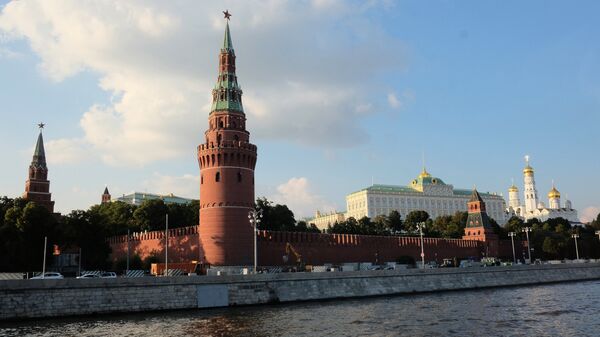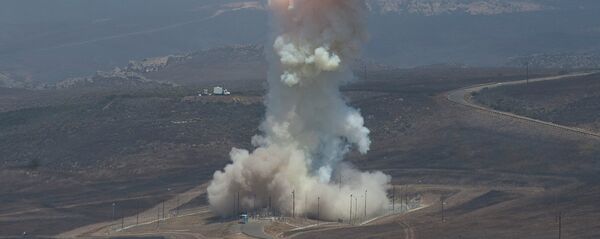"What could be done in these circumstances? I think the answer is simple. We should make every effort to stabilize political relations between Russia and the North Atlantic Alliance and act to reach a balance of interests, primarily when it comes to security," he said. "In short, we must change the paradigm of relations between Russia and the West to restore mutual trust. This is a challenge, but I think that there is no other way."
These comments came after Vice Chairman of the US Joint Chiefs of Staff General Paul Selva told the US House Armed Services Committee that Russia "deliberately deployed" the SSC-8 land-based cruise missiles in order "to pose a threat to NATO." The SSC-8 is a variation of the RK-55 Relief missile which was banned under the Intermediate-Range Nuclear Forces (INF) Treaty.
The INF Treaty was signed by the Soviet Union and the United States in 1987 and came into force on June 1, 1988. Washington and Moscow have occasionally accused each other of violating the bilateral agreement, which bans land-based nuclear and conventional missiles that have a range between 500 and 5,500 kilometers. The Kremlin has always maintained that Russia strictly adhered to this agreement.
Shmelev pointed out that both countries have grounds to be concerned with possible violations of the 1987 arms control treaty.
"Russia has been concerned with US-made ballistic missile defense bases in Romania and Poland since they will be able to pose a direct threat to our country," he said, referring to Washington's missile defense initiative in Europe, formally known as the European Phased Adaptive Approach (EPAA).
For its part, "Washington is concerned with Iskander-K's potential capabilities since American experts say that the system could be upgraded to launch missiles with a range exceeding 500 kilometers. This prospect has been a point of major concern for Poland," he noted, adding that mutual allegations have complicated the already tense relationship between Russia and the West."
Shmelev praised the INF Treaty as a document "crucial for upholding strategic stability in the world," saying that it helped bring the Cold War to an end.
Never miss a story again — sign up to our Telegram channel and we'll keep you up to speed!



